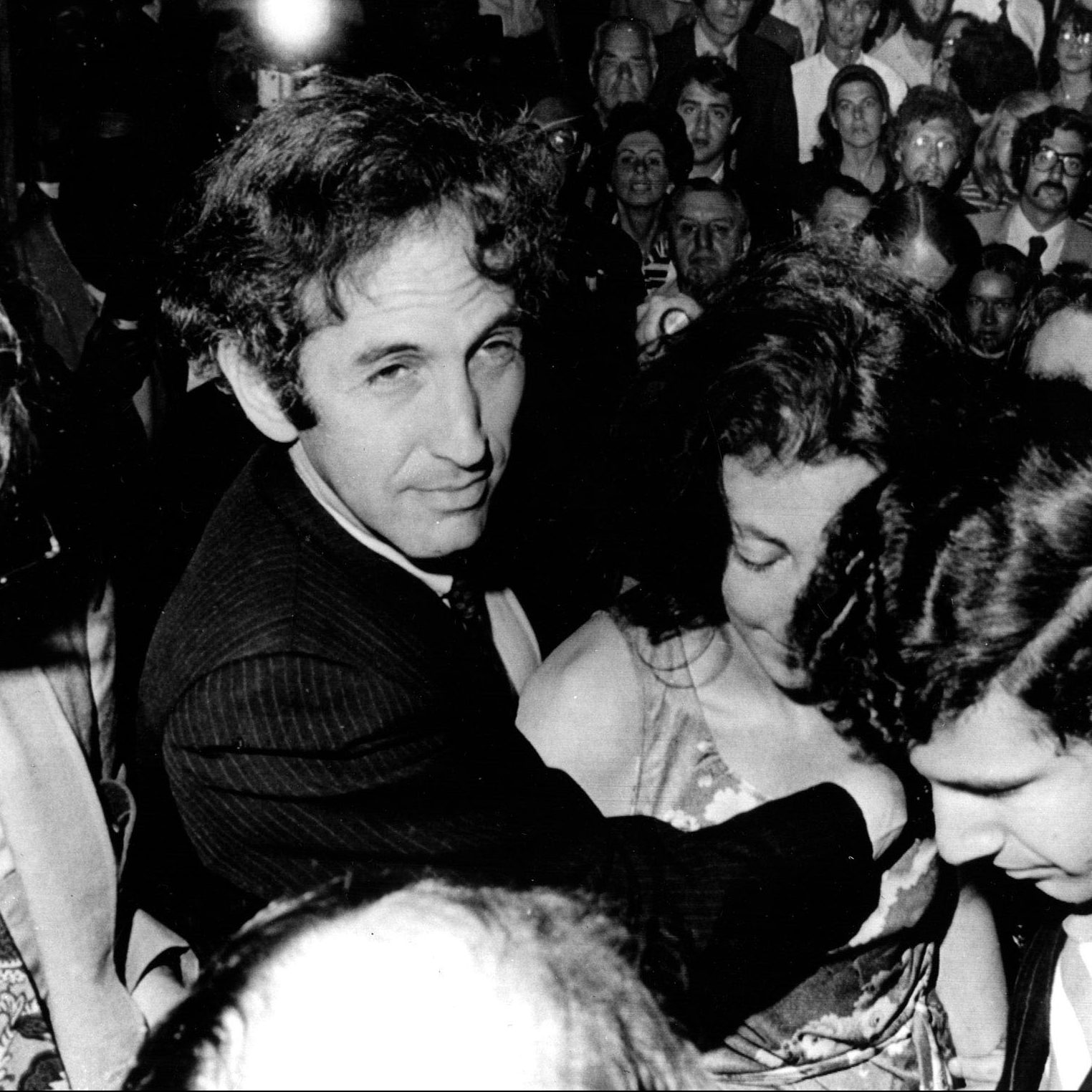[vc_row][vc_column][vc_single_image image=”116892″ img_size=”full” add_caption=”yes”][vc_column_text]Fifty years ago this weekend, the New York Times ran a story under the headline “Vietnam Archive: Pentagon Study Traces 3 Decades of Growing US Involvement”.
The headline is understated and far from the sensationalist language that would be used for a similarly explosive exclusive today.
The article, published on 13 June 1971, was the first of a series that outlined the revelations of what became known as the Pentagon Papers, disclosures from on a 7,000-page report leaked by whistleblower Daniel Ellsberg, a government contractor who worked for the Rand Corporation.
The newspaper revealed how four consecutive Presidents “progressively developed a sense of commitment to a non‐Communist Vietnam, a readiness to fight the North to protect the South, and an ultimate frustration with this effort, with much of it hidden from the public gaze”.
In an interview with Index on Censorship this week, Ellsberg said the huge volume of material did not at first appear to be anything special.
“They didn’t look that effective as they ended in 1968. I assumed that then President [Nixon] would say this is old history and doesn’t have anything to do with me. It was just a fifth president following in the footsteps of four previous presidents,” he said.
Ellsberg faced more than 100 years in prison for leaking the documents but illegal Government evidence-gathering saw the judge in his case declare a mistrial.
In the end, Nixon’s fury over the leaking of documents like the Pentagon Papers led to his downfall in the Watergate Scandal.
Yet little has changed in the past 50 years, says Ellsberg.
“US foreign policy is largely conducted as a covert, plausibly denied, imperial policy,” said Ellsberg. “We deny we are an empire and we deny the means we use, the means which every empire uses to maintain its hegemony – torture, paramilitary invasion, assassination. This is the standard for everybody that seeks a global influence over countries and get involved in regime change the way we do.”
Ellsberg has called on the young to take a stand against government wrongdoing.
“When young people sign agreements [with their employers] under which they will be asked to not reveal any secrets they become privy to in their job, they should take into account that they don’t really have a right to keep that promise in all circumstances,” he said. “Circumstances may well arise where it is wrong to keep silent about information that has come to your attention because other lives are at stake or perhaps the Constitution is being violated and that it is wrongful to keep that promise.”
“It doesn’t occur to you that you could be asked to take part in very wrongful or criminal activities. In your eyes, you are not joining the Mafia yet you make a promise of secrecy like the Mafia without knowing what you are going to be asked to do. This is why you should have your fingers crossed when you make that promise.”
He says, “Young people should remain open to the idea that you may be called on to challenge, to risk your job, your career, your relationships with other people by telling the truth even if you have promised not to do that. It is very unusual advice for young people to hear; it will not improve their career prospects but it will possibly save a lot of lives.”
Ellsberg is in regular contact with other whistleblowers, a club with a very exclusive membership.
“There is something unfortunately quite rare about whistleblowing, and that is not good for the future of our species. It means that when terribly dangerous processes are at work, like wrongful wars or the climate crisis, we can’t count on people to step forward and tell us what we need to know.“
“Very few people get beyond the point of saying this should be known to the point of saying no-one else is going to do it, so I have to do it. That turns out to be an almost unpredictable reaction. It is a matter of personal responsibility and moral courage.”
In a wide-ranging interview published in full in the summer edition of Index on Censorship magazine Ellsberg talks about his views on Julian Assange, Chelsea Manning and NSA whistleblower Reality Winner.[/vc_column_text][/vc_column][/vc_row]





